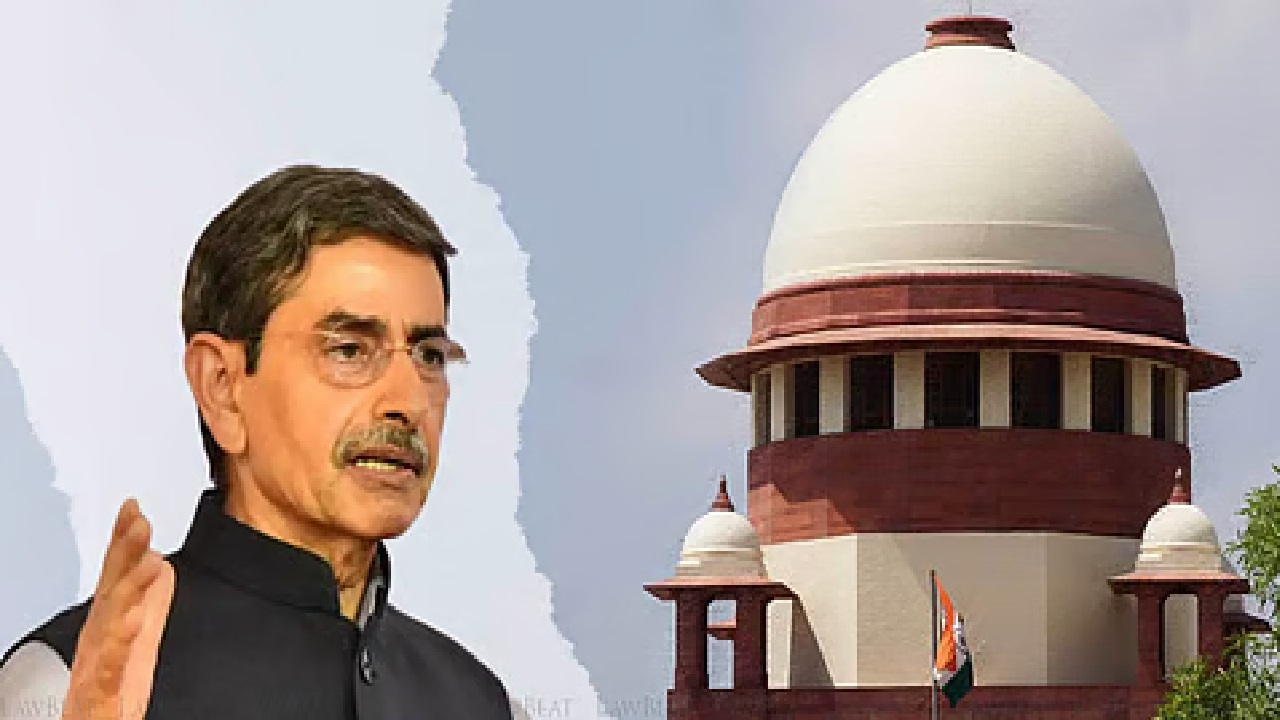The Spark: Piyush Goyal’s Remarks at Startup Maha Kumbh
At the recent Startup Maha Kumbh event held in Delhi, Commerce Minister Piyush Goyal raised eyebrows across India’s entrepreneurial circles when he sharply questioned the direction of the country’s startup ecosystem. “Do we have to make ice cream or chips? Dukaandari hi karna hai?” he asked, expressing concern over the predominance of consumer-tech ventures and the relative scarcity of deep-tech innovation in India. He pointed out that the country has only around 1,000 deep-tech startups, calling it a “disturbing situation.”
Goyal’s comments triggered a wave of reactions online—but none more sharply worded than that of Karan Chawla, co-founder of consumer-tech company Gaonzy.
Karan Chawla’s Response: A Call for Systemic Introspection
Taking to LinkedIn, Chawla offered a passionate defense of consumer-facing startups while questioning the institutional apathy towards deep-tech. “Let’s ask the right questions,” he began, drawing attention to a perceived double standard in how different companies are celebrated or dismissed.
“When Reliance builds retail, it’s called innovation. When Tata launches quick commerce, it’s vision. But when young founders build Zepto, Swiggy, or Flipkart — they’re reduced to ‘dukaandari’?” he asked, arguing that the real issue is not what Indian startups are building, but what the system chooses to support.
Consumer-Tech with a Cause
Chawla made a compelling case for the value created by consumer startups. “We’re proud of building dukaans — ones that generate jobs, build logistics networks, formalize MSMEs, and create real customer delight. Not every revolution looks like AI chips. Some are built one doorstep at a time.”
He defended startups like Flipkart and Swiggy for contributing to real-world change — creating infrastructure, employment, and digital access at scale. According to him, this is nation-building in its own right, even if it doesn’t involve building satellites or semiconductors.
Institutional Gaps: Where the Real Problem Lies
Pointing to China and the U.S. as counterexamples, Chawla argued that deep-tech companies like Huawei or BYD didn’t emerge by chance, but through state-backed investment, procurement mandates, and coherent policy frameworks.
“India’s deep-tech scene isn’t short on talent,” Chawla wrote. “It’s short on institutional support, patient capital, and clear policy direction. You can’t expect moon shots from a system that burdens startups with Angel Tax and offers no access to domestic institutional capital.”
He questioned why India’s industrial giants or public sector units (PSUs) have yet to produce a globally respected deep-tech product, and why funds like LIC or SBI aren’t backing deep-tech venture capital funds.
The Bigger Question: Will the System Back Its Startups?
Chawla ended his post with a bold challenge to India’s policymakers: “India’s startup ecosystem has done more for Bharat’s economy in a decade than many institutions have in generations. So yes, dukaandari hi karni hai — because we’re not ashamed of building fast, solving daily problems, or creating jobs.”
Government’s Follow-Up: Startup Helpline Announced
Amid the stir, Piyush Goyal also announced the launch of a Startup Helpline under the Startup India initiative. Entrepreneurs can now report corruption, share legal reform suggestions, or raise grievances. “If you’ve worked within the law and still face hurdles, you can reach out,” Goyal said.
In a rapidly growing and diversifying startup economy, the debate sparked by Goyal and Chawla reflects a deeper tension: balancing aspiration for moon-shot innovation with the ground realities of India’s market and needs. Whether the system listens—or reforms—remains to be seen.








